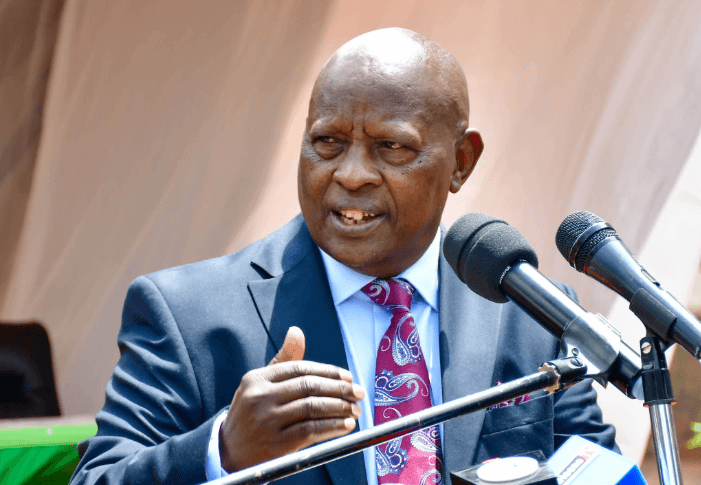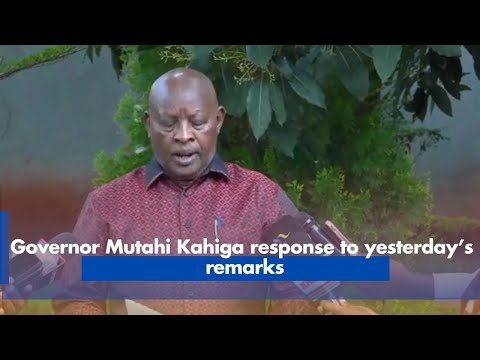COP 26 sounds and feels just like the previous ones. It is also likely to end just like its predecessors, with lofty innocuous non-binding agreements. Commitment and enforcement of any agreements in Glasgow cannot be guaranteed.
It is disappointing that despite the fierce urgency of the global climate crisis, world leaders – politicians and captains of industry – are still not persuaded to act decisively. Full-throated, decisive action to avert dangerous warming is still calibrated by selfish national concerns such as the cost of decarbonisation, which is often measured in jobs losses and economic slowdown.
The pledge to end and reverse deforestation by 2030 is simply incredible. Faced with a grave climate emergency, world leaders still think we need another 10 years to end deforestation. And lets’ face it, a similar pledge in 2014 came to nothing. As a matter of fact, deforestation has increased. The massive global beef industry and soy production happen on deforested land.
One could argue that this time the commitment to deforestation is somewhat serious. Serious because Brazil and Russia are signatories and there is already a pledge of $19 billion. But the economic stakes of deforestation have not diminished.
Indonesia is the world’s largest exporter of palm oil whose production is a virulent driver of deforestation. In Brazil beef and soy production saw the rate of deforestation soar to a 12-year high in 2020.
DR Congo is one of the signatories. But we know that DR Congo is crippled by state and governance incapacity and dominated by rogue foreign and domestic mining and lumber interests.
Runaway deforestation is not unique to the DRC. Africa, in general, has lost 3.9 million hectares (9,637,109 acres) of forest between 2010 and 2020 according to a report by the Food and Agriculture Organization.
The rest of the world is gaining forest cover, with Asia, Oceania and Europe recording a net increase in forest cover between 2010 and 2020.
More than 40 countries have committed to quit coal. But the larger, disconcerting optic here is the countries missing from the commitment: China, the US and India.
Moreover, the wealthy nations won’t commit to ending the use of coal before 2030. A dozen organisations, including major banks, the G20 and China have committed to ending funding for coal-fired plants overseas and instead prioritising support for the clean energy transition.
Another key pledge is the agreement by more than 100 countries, led by the US and the European Union, to curb methane emissions by 30 per cent by 2030. Methane is the most powerful greenhouse gas after carbon dioxide.
That banks, insurers and investors have $130 trillion at their disposal to put green investing on a firmer footing is laudable. But we must see action. We are weary of pledges.
The paralysis of inaction is deeply frustrating. Time is running out and we are tired of negotiations that yield only non-binding commitments. But most of all, net-zero pledges by governments mean nothing without strong, active citizen engagement.
Views expressed are the writer’s










